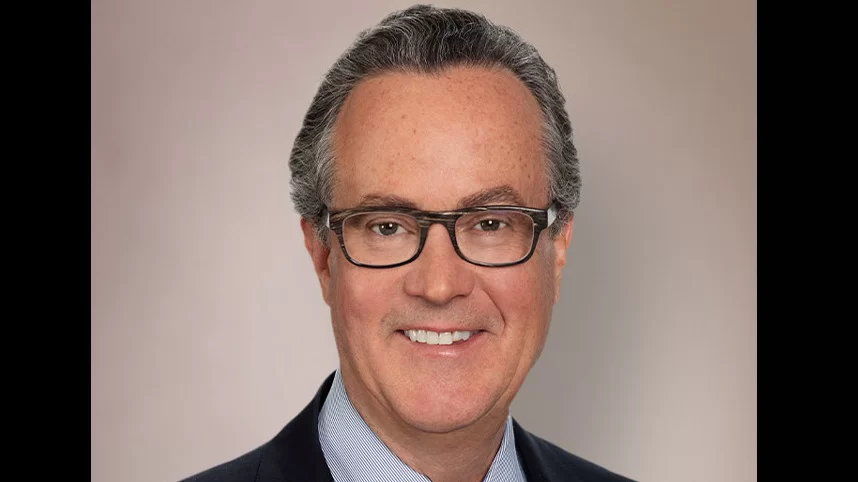The Partnership for Carbon Accounting Financials (PCAF) has announced its plans to release an expanded version of its insurance-associated emissions standard in the first half of 2025. This new version will address areas that were not included in the initial standard, specifically treaty reinsurance and construction all-risk/erection all-risk cover.
Marco Tormen, managing consultant at Guidehouse and head of PCAF's activities in Europe and German-speaking countries, highlighted the importance of these two areas in an interview. He stated, "These are two of the most important parts which were not included in the first version of the standard."
PCAF, an organization that sets greenhouse gas emission accounting standards for financial institutions, first introduced its insurance-associated emissions standard in November 2022. The inclusion of insurance products in the standard was announced as one of PCAF's priorities for 2024.
The goal of PCAF's insurance-associated emissions standard is to provide the insurance industry with a consistent method for measuring greenhouse gas emissions in underwriting portfolios. This allows insurers and reinsurers to track their progress towards achieving net-zero underwriting by 2050.
The initial version of the standard covered most commercial lines of insurance, facultative reinsurance for these lines, and personal lines motor. However, there were several areas that were not included, such as treaty reinsurance, insurance bought by public entities, non-motor personal lines, life and health, construction all-risk/erection all-risk, and structured trade credit.
Treaty reinsurance, in particular, was a significant omission as it constitutes the majority of reinsurers' business. It involves covering whole portfolios of risks written by insurers. In contrast, facultative reinsurance covers individual policies or small groups of policies and is more similar to primary insurance.
When the first version of the standard was released, PCAF explained that the exclusion of treaty reinsurance was due to the challenges in obtaining data and attributing emissions to the reinsurer, especially for treaties covering events or multiple events. However, Tormen expressed confidence in the working group developing the standard, stating, "I feel confident that the working group will come up with a solution."
The development of the first version of the standard involved a working group consisting of 16 global insurers and reinsurers, including AXA SA and Allianz SE from Europe, Sompo Holdings Inc. and Tokio Marine Holdings Inc. from Japan, and Liberty Mutual Insurance Co. from the United States.
With the forthcoming release of the expanded version of its insurance-associated emissions standard, PCAF aims to provide the insurance industry with a comprehensive framework for measuring and reducing greenhouse gas emissions. This will contribute to the industry's efforts in achieving sustainable and environmentally responsible underwriting practices.

